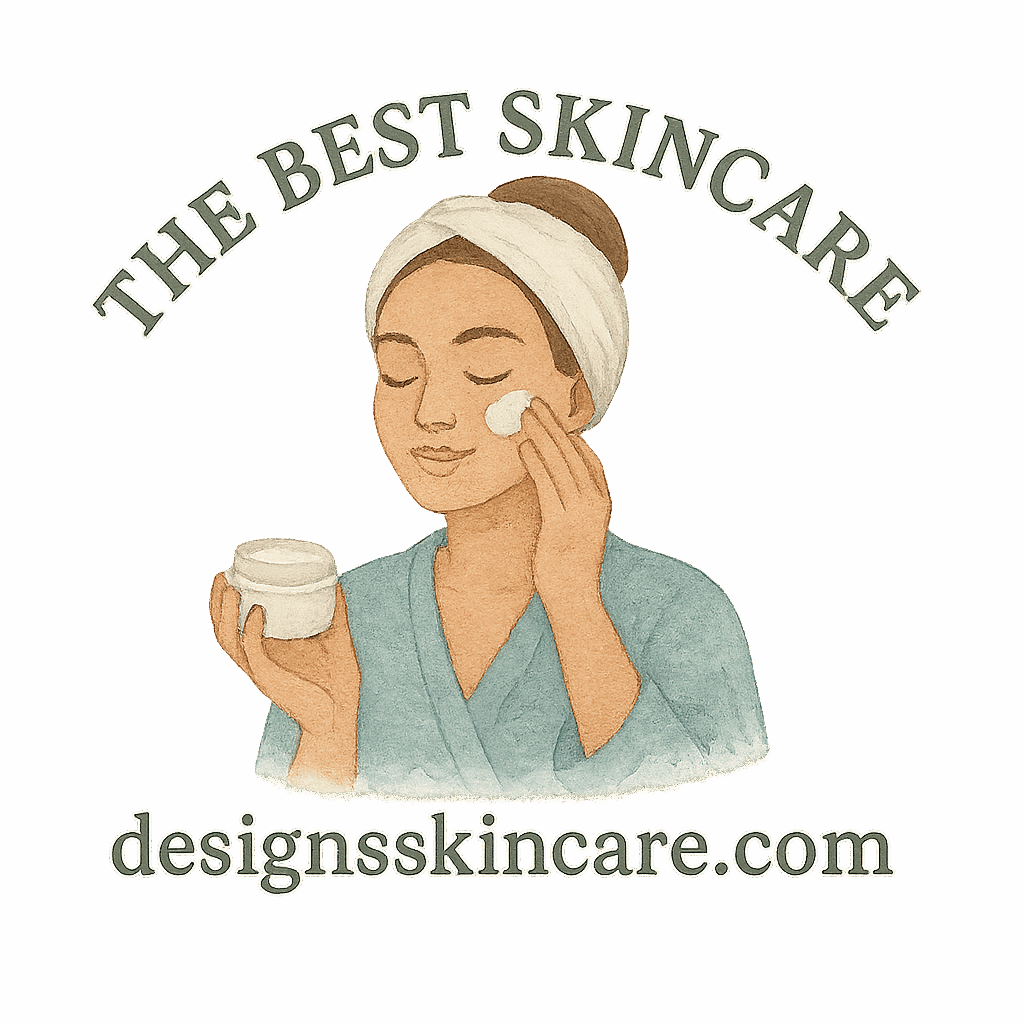We’ve all had those days when everything seems to spiral. Work deadlines, emotional overload, or simply a jam-packed schedule—and suddenly, your skin decides to throw a tantrum. That’s because stress doesn’t just affect your mind—it shows up on your face, too.
Let’s break down how to fight back. Here are 6 powerful ways to upgrade your skincare for stressful days, so your skin stays calm even when your life isn’t.
Why Stress Wreaks Havoc on Your Skin
The Science Behind Stress and Skin
When you’re stressed, your body produces more cortisol. This “stress hormone” ramps up oil production, weakens your skin barrier, and can even trigger breakouts, redness, or dryness. It’s like your skin goes into panic mode.
Signs Your Skin is Stressed Out
- Sudden breakouts or flare-ups
- Dry patches or extra oiliness
- Redness and irritation
- Dull, tired-looking skin
Sound familiar? Let’s fix that.
1. Prioritize a Simple, Soothing Skincare Routine
Stressful days aren’t the time to experiment with 12-step routines. Keep it simple and gentle.
Gentle Cleansers: Less is More
Choose a fragrance-free, hydrating cleanser that doesn’t strip your skin. On high-stress days, overwashing can make things worse.
👉 Check out the Skincare Routine Guide to simplify your daily steps.
Hydrating Toners and Serums
Look for toners with glycerin, hyaluronic acid, or rose water—all heroes when your skin needs a hug. Serums packed with niacinamide can also calm redness and regulate oil.
Explore more tips via our hydration-focused content.
Calming Moisturizers Are Your Skin’s Best Friend
Go for rich creams if you’re feeling dry, or gel-based ones if oily. Bonus points for moisturizers with ceramides or squalane.
Read our guide on choosing the right moisturizer for stressed skin.
2. Upgrade Your Skincare with Adaptogens and Antioxidants
Stress shows on the outside, so fight back from within your skincare.
What Are Adaptogens and Why You Need Them
Adaptogens like ashwagandha and rhodiola help your body handle stress. In skincare, they reduce inflammation and fortify your skin barrier.
Explore ingredient-focused articles in our Skincare Ingredients section.
The Role of Antioxidants in Stress Defense
Antioxidants like vitamin C, green tea, and resveratrol neutralize free radicals (those nasty molecules stress releases). They brighten skin and slow aging.
Ingredients to Look For in Stress-Fighting Products
- Niacinamide
- Licorice Root Extract
- Centella Asiatica (Cica)
- Vitamin E
Use our handy Product Guide to find the right ones.
3. Use Face Masks Strategically
Face masks can be skin saviors—but don’t overdo it.
Clay Masks vs. Hydrating Masks
Clay masks are great when you’re breaking out. But on dry or reactive days, reach for a hydrating or sheet mask loaded with aloe vera or hyaluronic acid.
When and How Often to Mask
- Once or twice a week is enough
- Post-workday masking = ultimate stress relief
- Pair with candles or music for a mini at-home spa
Want more tips for glowing results? Check out the Glowing Skin tag.

4. Improve Your Diet to Boost Skin Health
Yep, what you eat totally affects how your skin behaves—especially under pressure.
Anti-Inflammatory Foods That Soothe from the Inside Out
- Berries
- Leafy greens
- Fatty fish (omega-3s FTW)
- Turmeric
See our Skincare Diet tag for more food-based tips.
Hydration is a Game-Changer
Water helps flush out toxins, reduces puffiness, and gives your skin that glow-up.
Get hydration hacks from our Healthy Eating section.
Supplements That Support Your Skin
Look into zinc, omega-3, or collagen—especially if your diet’s taken a hit during busy weeks.
5. Make Skincare Portable for On-the-Go Days
Busy day ahead? Take your skincare with you!
Best Travel-Sized Essentials
- Facial mist
- Pocket-sized SPF
- Mini cleanser
- Sheet masks
Grab ideas from our Skincare On The Go section.
Creating a Mini Emergency Skincare Kit
Have a pouch with:
- Hydrating mist
- Mini serum
- Blotting papers
- Lip balm
Check out Portable Skincare Products that fit right in your purse.
6. Incorporate Stress-Relief Techniques Into Your Routine
Don’t just care for your skin—care for you, too.
Facial Massage and Gua Sha
These tools boost circulation and reduce puffiness. Plus, they just feel amazing after a long day.
Aromatherapy and Skincare: A Perfect Pair
Lavender, chamomile, eucalyptus—scents that help calm your nervous system while you pamper your skin.
Meditation While You Moisturize? Yes, Please
Mindfulness doesn’t need to be formal. Just breathe deeply while applying your skincare. It grounds you—and helps products absorb better!
Looking for more balance? Dive into our Lifestyle Skincare insights.
Conclusion
Stress is inevitable—but bad skin doesn’t have to be. By simplifying your routine, nourishing your skin with the right ingredients, and sneaking in some calm throughout your day, you can keep your glow even when life gets messy.
Remember: skincare is self-care. Give your skin a little love when everything else feels chaotic, and it will love you right back.
Ready to transform your skincare? Visit Design’s Skincare for more guides, routines, and personalized tips.
FAQs
1. Can stress really cause acne?
Yes! Cortisol spikes oil production and inflammation, which leads to breakouts. Explore more via our Hormonal Acne section.
2. What’s the best quick fix for stressed skin?
A cooling sheet mask or a hydrating mist can calm irritation fast.
3. Are natural remedies like aloe and chamomile effective?
Absolutely—they’re time-tested and great for sensitive, stressed-out skin. See more in our Skincare Tips section.
4. Should I change my routine during stressful weeks?
Yes. Pare it down to soothing, hydrating essentials. Skip exfoliants if your skin feels raw.
5. Do I need a separate skincare routine for travel?
Not entirely, but portable options help. Browse Travel Skincare ideas.
6. Can diet help reduce skin inflammation?
Definitely! Anti-inflammatory foods and hydration are key. See Skincare Food for ideas.
7. What ingredients should I avoid when stressed?
Skip retinoids, strong acids, and fragrances if your skin’s flaring up. Stick to barrier-repairing ingredients instead.


